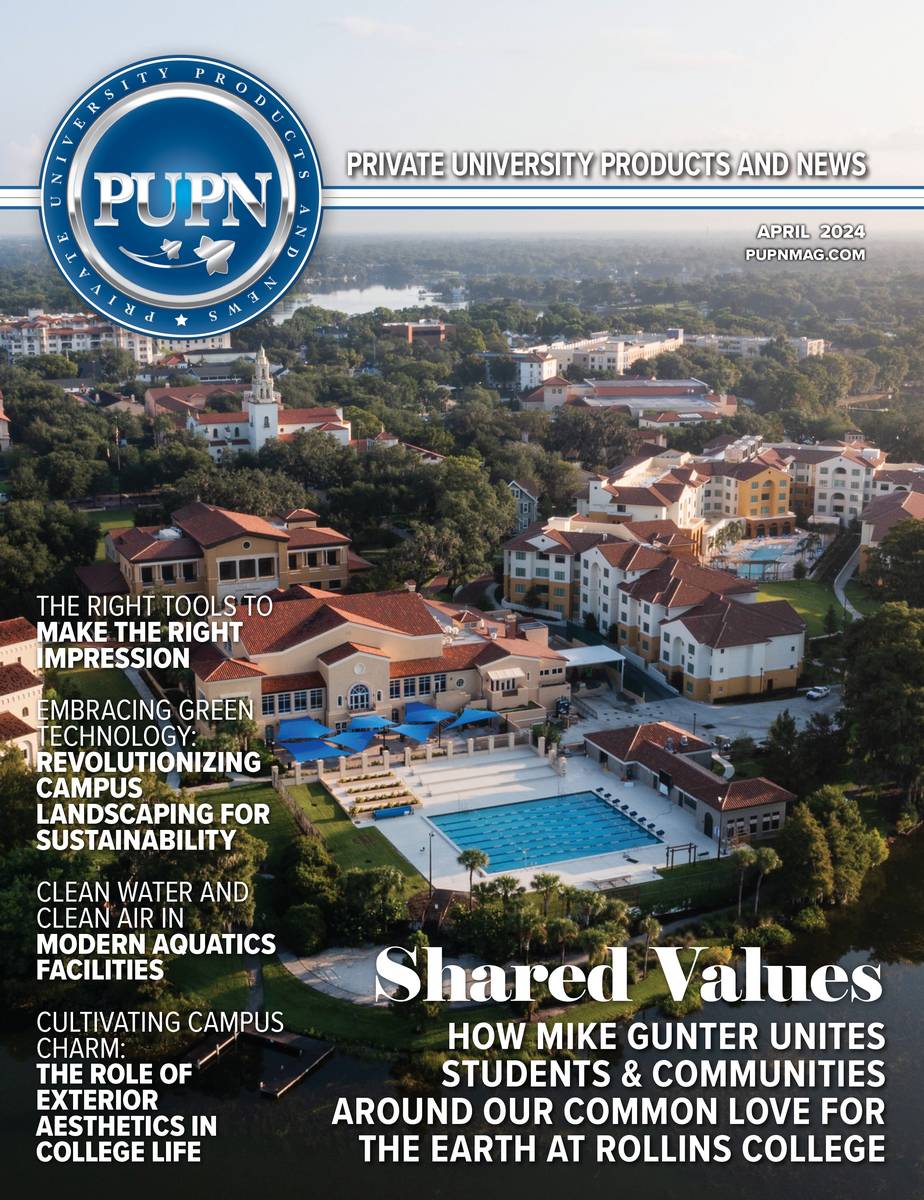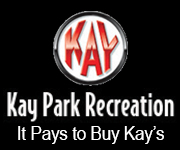This suite of tools, educational resources, and underlying codebase includes many of the instruments that Carnegie Mellon’s learning scientists invented for their own research and are being used to improve the quality of courses taught in CMU classrooms today. Altogether, this collection represents more than $100 million in research and development effort.
An Abundance of Tools for Educational Technology
The OpenSimon toolkit includes a wide range of tools and content, some of which can be useful to classroom educators who want to find out which teaching techniques or content is most effective, and others that will be useful to researchers and educational technology product designers.
The initial release includes educational data warehousing and analysis tools, intelligent tutor authoring, platforms for designing, improving and delivering open courseware, a collaborative research platform with advanced learning analytics support, education-specific chatbot frameworks and discourse analysis software, machine learning components, causal modeling instruments and proven educational content.
The toolkit is being made openly available, with individual components being released under open source licenses. Specific components announced today include Platform, Echo: OLI Course Authoring, TETRAD, Social Recommender, the Lightside Workbench and ChemCollective.
Also included are sets of libraries and functionality to better combine this diverse set of resources and facilitate the integration of new tools and approaches moving forward. Additional releases will be made throughout the next year and beyond. Educators as Citizen Scientists The vision behind OpenSimon is a more integrated and easier-to-use toolkit, used and expanded by a larger community of educators to drive deliberate, iterative improvements in education.
This approach supports educators as citizen scientists, and helps people who support them-at universities and companies that make educational products-provide help that is grounded in the science of learning. This work seeks to improve learning outcomes for individual learners while collectively advancing our larger understanding of human learning.
“Numerous drivers of change are influencing higher education and the workforce, and all colleges and universities need to think about how to evolve to ensure that our students are poised for success,” said Carnegie Mellon Provost James H. Garrett, Jr. “Carnegie Mellon stands at the forefront of the development of effective learning methods. It is our responsibility to share new technologies with the learning community to universally improve educational outcomes.”
The OpenSimon effort is being driven by Carnegie Mellon’s Simon Initiative. Named for the late Nobel laureate and CMU Professor Herbert Simon, the initiative fosters an approach, born at CMU, that Simon dubbed “Learning Engineering,” the use of learning research and the affordances of technology to design and deliver innovative, instrumented educational practices with demonstrated and measurable outcomes.
This close integration of research, data and instructional practice contrasts with the approaches of many other institutions, where instructional design is frequently based on intuition rather than research, and where technology is often implemented for its own sake rather than as a reasoned part of a larger instructional research agenda.
“With [the] release of OpenSimon, Carnegie Mellon intends to put the suite of learning science and education technology tools into the hands of educators around the world who are committed to shifting the culture of education from traditional practices to new methods supported by evidence,” said Norman Bier, executive director of the Simon Initiative.
Partnering with Empirical Educator Project
Carnegie Mellon intends to provide ongoing support for OpenSimon as it gains adoption and momentum through a variety of ways, including its partnership with the Empirical Educator Project (EEP). Earlier this spring, CMU announced a partnership with the EEP to pilot test the toolkit within the EEP network of universities and educational technology vendors through EEP’s year-long EDwhy learning science hackathon.
The announcement of the details of OpenSimon was made during the EEP annual summit at Carnegie Mellon. EEP and Carnegie Mellon are now extending the partnership by announcing the joint development of short workshops that introduce participants to the techniques and tools available in OpenSimon.
These workshops will be available for a fee on-site at any interested organization and will dovetail with more robust training and partnership opportunities offered through Carnegie Mellon, such as the Masters of Educational Technology and Applied Learning Science (METALS) capstone project sponsorship and the LearnLab summer school. A special winter edition of the LearnLab summer school is being developed by Carnegie Mellon that aligns with both the CMU/EEP workshops and the more general collaboration work with the EEP cohort.
“We are delighted to have this opportunity to evangelize Carnegie Mellon’s good work,” said Michael Feldstein, founding coordinator of the Empirical Educator Project. “We have long believed that the university’s learning engineering methods could bring rapid improvements for both universities and makers of educational products. With this collaboration, we can make those methods more accessible than ever.”










